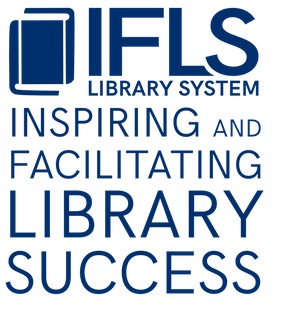.
Storytime How-To
General suggestions
- Consider visiting nearby libraries to watch how they do storytime, see what works for them, and pick up tips for managing the room. Give the library a call first to make sure they know you plan to observe.
- You can offer an all-ages storytime, or break it down into developmental stages (pre-walkers, toddlers, and preschoolers). Both have advantages and challenges.
- The advantage of an all-ages storytime is that it can be easier for families to all come together to one storytime, and in very small communities it gives you the number of attendees you need to make it more fun!
- The advantage of a storytime broken down into developmental stages is that it is easier to tailor the storytime to the developmental needs and interests of the target audience.
- These sample templates for preschool storytime and lapsit storytime might give you a good place to start.
- Be sensitive to the needs of the kids in your storytime. Try to make your storytimes as inclusive as possible [link to Making Storytime More Inclusive].
- Learn about the basics of child development to help you plan the best possible program.
Top Four Resources for Beginners and Beyond!
Jbrary’s New to Storytime blog series covers choosing songs and rhymes, choosing storytime books, how to read books to a group, using felt stories, and using puppets. It’s thorough and very useful for beginners!
IFLS Storytime Resources has suggestions for places to look for
- Fingerplays, music, and movement
- Child and brain development information
- Arts and crafts ideas
- Science, Technology, Engineering, and Math ideas
- Making Storytime More Inclusive (coming soon)
Try out the IFLS Storytime and Early Childhood Kits!
Supercharged Storytimes is a FREE self-paced 10-hour course from WebJunction, taught by Early Literacy experts Saroj Ghoting, CiKeithia Pugh, Betha Butsche, and Emily Plagman.
Use “storytime” in this search box to find related articles on the IFLS Article Index.
